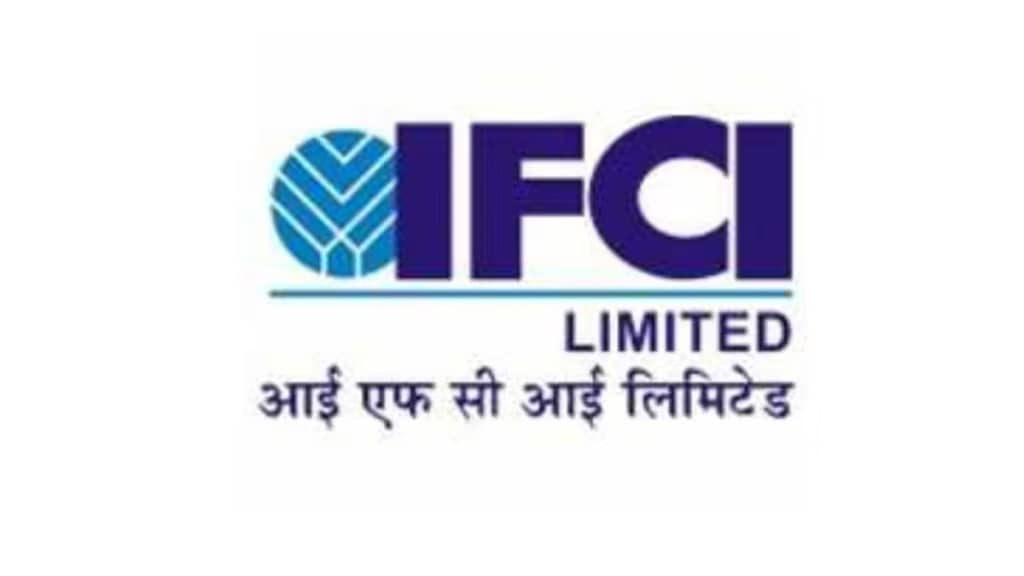Several ministries as well as firms have blamed IFCI Ltd, the project management agency (PMA) for 10 production-linked incentive (PLI) schemes for the “snail’s pace” in the release of incentives, and putting avoidable roadblocks on the smooth implementation of the schemes across many sectors.
Companies have invested over Rs 1.5 lakh crore in the three years through September 2024 under the 14 PLIs, or about 50% of the Rs 3 lakh crore committed over five years. But only Rs 11,317 crore or 6% of Rs 1.95 lakh crore incentives linked to investments, sales/turnover and value addition, have been disbursed till September 2024.
While it appears that in several cases, the investors find the eligibility requirements for availing the benefits challenging, stakeholders have alleged that IFCI as a non-banking finance company lacks the technical expertise to evaluate the firms’ achievements. Compounding the problem is its interpretation of rules as well as changes being effected in the rules, leading to prolonged waits for the release of the funds, they added.
An email sent to IFCI on Monday remained unanswered, despite repeated reminders.
Union minister of heavy industries, HD Kumaraswamy, noted in the minutes of meeting on PLI schemes overseen by his ministry that IFCI’s performance is “not satisfactory.” FE has reviewed the minutes. The ministry of heavy industries is the nodal body for the PLIs for advanced chemistry cells (ACCs) and automobiles.
An official from one of the ministries handling PLIs noted on condition of anonymity that concerns about state-run IFCI’s implementation performance have previously been raised by the department of financial services and the Cabinet Secretariat, in advisories issued by them. The prime minister’s office is also believed to be unhappy with the progress of PLIs on various parameters, the sources indicated, but this could not be independently verified.
Under the Rs 25,938 crore PLI scheme for automobiles and auto components launched in 2021, disbursements have totalled just Rs 250 crore so far. Companies like Leyland, Hero MotoCorp, Hyundai Motor India, Kia India, Piaggio Vehicles, Pinnacle Mobility Solutions, and Suzuki Motor Gujarat haven’t made notable progress in claiming the incentives.
Similarly, no fund has been released yet under the Rs 18,100 crore scheme for ACCs, where a total capacity of 40 GWh was allocated among players (Ola Electric Mobility: 20 GWh, Reliance Industries: 10 GWh, Rajesh Exports: 5 GWh, and Reliance New Energy: 5 Gwh). Of these. eonly Ola has reached the testing phase, and that too for only 1 GWh of its 20 GWh allocation.
A PLI beneficiary claimed that “red-tapism” is typical of IFCI and it takes two to six months to get a single approval from it. “The agency (IFCI) treats the PLI monies as loans granted by it, though it’s actually an incentive owed to the company for achieving targeted sales or investments. IFCI still appears to view itself as a loan-disbursing agency,” said a stakeholder, who also requested to remain anonymous.
IFCI is PMA for 10 PLI schemes: large-scale electronics manufacturing, white goods (air conditioners and LED lights), IT hardware scheme 2.0, automobile and auto component industry, medical devices, bulk drugs, food processing industry, ACC battery, drones and drone components and textiles. “There are complaints that the PMA (IFCI) is revising ng the guidelines time and again. It is the de facto auditor as well as the evaluator though apparently without the requisite expertise,” another senior official said.
To make matters worse, instead of the administrative department having oversight on IFCI, the agency seems to have the final say as far as running of the PLIs is concerned, sources said.
The dispute with Samsung was also born out of this interpretation issue as well. Global companies like Samsung need to make phones priced higher than Rs 15,000 to be eligible to claim incentives under the scheme apart from meeting incremental production and sales targets. Samsung was the only company to meet the target and claim incentives worth Rs 900 crore for FY21. PMA officials examining the invoices felt the amount could be inflated as the company may have used inter-company transfer to include even phones of lower value.
Official overseeing the PLI schemes stated that IFCI has failed to establish a clear framework for implementation and to properly support beneficiaries in achieving their targets. In some instances, they noted, IFCI has not conducted site visits to verify progress or investment commitments, all of which fall under its responsibilities as the PMA.
A stakeholder in the PLI scheme for Drones and Drone Components also criticised IFCI for lacking the “practical expertise” needed to effectively implement the scheme, arguing that the slow progress in developing the domestic drone ecosystem is largely due to IFCI’s failure to adequately guide the industry.
According to a Crisil report, the process of claiming incentive payouts has encountered challenges such as delayed approval of invoices. Sectors with a higher incentive-to-sales ratio and relatively straightforward rules for payouts, such as mobile handsets, may receive the majority of payouts by fiscal 2028, it said.
IFCI as the non-banking finance company, has not undertaken any fresh lending since FY22 and has remained focused on recovering non-performing assets (NPAs) and fee-based advisory services. The NBFC, in which government owns 71.72%, reported a loss of Rs 59 crore in the December 2024 quarter.

